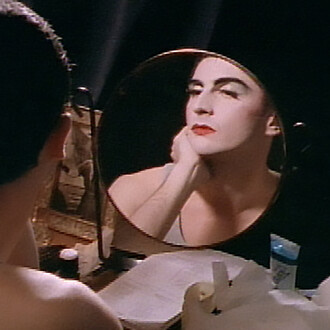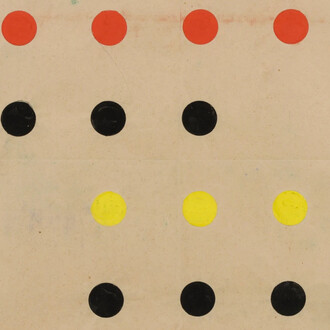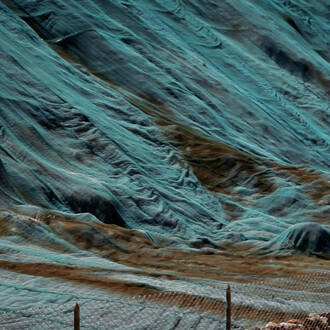DC Moore Gallery is pleased to present Duane Michals: The nature of desire. Featuring the artist’s signature photographs with hand-written text and sequences, this exhibition focuses on Michals’s decades-long exploration of desire of the male form. Included in the exhibition are selections from Michals’s highly regarded bodies of work inspired by poets Walt Whitman and Constantine Cavafy, shown at DC Moore Gallery for the first time.
“In photography I tried to reveal to myself the exact point of desire,” Michals explains. “When someone is desired, why? What are we responding to?”
Through his innovative sequences and photographs with handwritten captions, Michals approaches desire through language and metaphor. Playing with language, Michals both incorporates text within the photograph, writes directly onto the photograph, and creates new languages of signs using symbolic objects and choreographed movements. Rather than direct the viewer towards an object of desire, he uncovers the narrative meanings, the cause-and-effect relationships within the feeling.
In his caption for The nature of desire (1986), Michals writes:
Our lives are just one moment,
A breath imagined by the senses,
And that moment is a great thought,
And that thought is a desire,
The urge to being and to be love,
All at once, altogether, the same.
This call towards fellowship and love among all people recalls the language of Walt Whitman’s Leaves of grass, which inspired several works included in the exhibition. Using texts from Whitman, particularly the homoerotic sequence of “Calamus” poems, Michals channels Whitman’s vision of a cosmic togetherness, embodied by the image of a young man in nature. Michals also pays homage to another important literary influence and spiritual mentor, the Greek 20th century poet Constantine Cavafy, illustrating shared themes such as longing and the fleeting presence of beauty in works such as Just to light his cigarette was a pleasure (1978).
Imbued with an inherent nostalgia, these cinematic images of unattainable beauty and physical perfection appear like depictions of dreams or memories. Michals glorifies quotidian, intimate moments of grace and desire––undressing for a bath, lighting a match, swimming in nature–– preserving them and inviting us into these shared dreams.
















